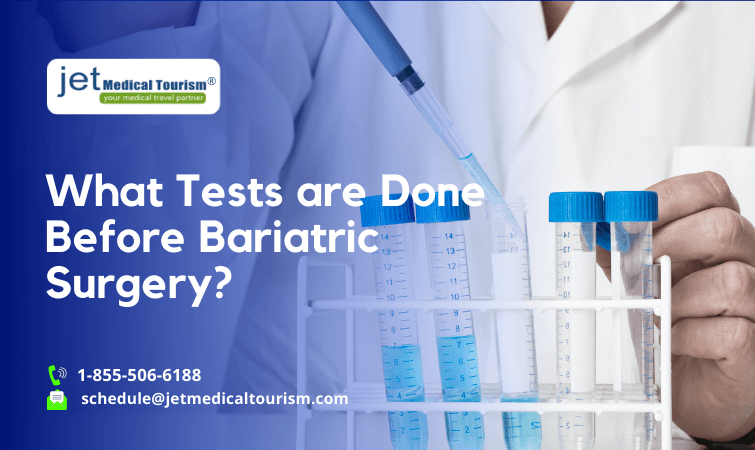Gallstones After Gastric Sleeve – Gallbladder Problems
 Gallstones after gastric sleeve surgery are very common and may develop in patients due to the rapid weight loss in the first 24 months after bariatric surgery.
Gallstones after gastric sleeve surgery are very common and may develop in patients due to the rapid weight loss in the first 24 months after bariatric surgery.
Bariatric surgery can be a life saving medical intervention for patients struggling with obesity because these types of weight loss surgeries can help people lose weight rapidly, reach a healthy body mass index, and facilitate movement and a healthier lifestyle.
Moreover, losing weight when you are obese also reduces the risk of several comorbid health issues, including heart disease, certain types of cancer, type 2 diabetes, and more.
However, there are some common complications associated with bariatric surgeries, and gallstones after gastric sleeve are one of them. If you’ve recently undergone bariatric surgery or are considering a procedure, then here’s what you need to know about gallstones after gastric sleeve.
Understanding Gallstones After Gastric Sleeve
Gallstones are a problem that affects the gallbladder, which is a small organ under the liver that’s responsible for storing bile. In your digestive system, bile is used to digest fats, but if cholesterol levels are too high or there are many fatty deposits in the liver, then the fat doesn’t get absorbed properly, and hardened deposits of bile called gallstones form in the gallbladder.
Although some gallstones are small (similar in size to a grain of sand), they can sometimes grow as large as golf balls. When smaller gallstones don’t cause any symptoms or discomfort, they often don’t require treatment.
The Link Between Gallstones, Obesity, and Gastric Sleeve
Some risk factors for gallstones include being overweight or obese, having excess fat around the midsection, rapid weight loss, and eating a high-cholesterol diet. As such, obese patients who undergo gastric sleeve are more likely to develop gallstones than the general population, because they typically have multiple risk factors.
About a quarter of obese patients will develop gallstones in their life, and the ones who don’t are more likely to develop them after gastric sleeve on account of the rapid weight loss.
To prevent gallstones, many weight loss surgeons will put patients on a preventative course of medication following surgery. In patients who have had gallstones in the past, the surgeon may recommend removing the gallbladder at the same time as gastric sleeve surgery.
If a patient develops large and symptomatic gallstones after weight loss surgery, they can treat the stones with either medication or removal of the gallbladder.
Symptoms of Gallstones After Gastric Sleeve to Lookout For
Smaller gallstones don’t typically cause symptoms, but once they reach a certain size, the stones block the bile duct and cause an attack. Blockages cause pain in the upper abdomen that can last up to a few hours. In other people, the pain presents in the upper back or right shoulder as well.
Other symptoms of gallstones include:
- Nausea
- Gas
- Bloating
- Indigestion
- Vomiting
Bariatric surgeries like gastric sleeve are suited for obese patients who are looking for an effective way to lose weight quickly, and who are looking forward to leading a healthier lifestyle in the future. But that doesn’t mean there aren’t some complications associated with gastric sleeve surgery, and gallstones are one of the more common.
Luckily, gallstones don’t always cause symptoms and may not require treatment. Moreover, there are preventative measures your doctor or surgeon can prescribe, and if gallstones after gastric sleeve do occur, then there are drugs and surgical treatments that can remedy them.
Find out if you qualify for the Tijuana Mexico Gastric Sleeve by clicking through to our online application form or contact us today to find out more.
[button link=”https://jetmedicaltourism.com/apply/” type=”big” color=”blue” newwindow=”yes”] See If You Pre-Qualify[/button]
[button link=”https://jetmedicaltourism.com/contact/” type=”big” color=”blue” newwindow=”yes”] Contact Us Today[/button]




